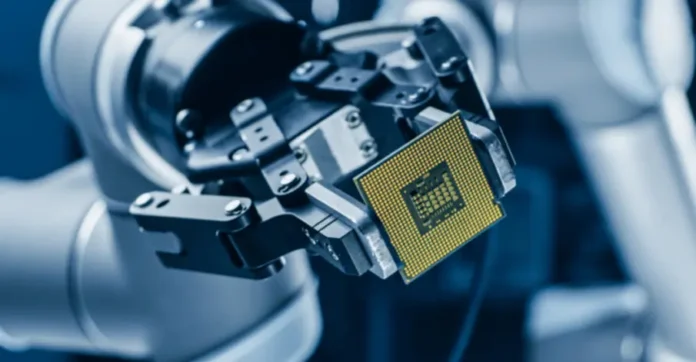
Tamil Nadu Chief Minister M.K. Stalin on Tuesday launched the Electronics Components Manufacturing Scheme (ECMS), a state-led initiative aimed at strengthening domestic electronics manufacturing and attracting significant investments.
With a goal of drawing ₹30,000 crore in investments and generating 60,000 jobs, the scheme aligns with the central government’s electronics manufacturing vision. For eligible applicants already selected under the Centre’s ECMS, the Tamil Nadu government will provide matching financial incentives, including capital subsidies and reimbursements.
“This scheme will offer matching incentives in alignment with the Union’s components manufacturing scheme,” said TRB Rajaa, Tamil Nadu’s Minister for Industries, in a statement on X.
The initiative is part of the state’s broader Semiconductor and Advanced Electronics Policy, launched in 2024, and aims to deepen Tamil Nadu’s position in the high-tech manufacturing ecosystem. The state is already one of India’s leading electronics exporters, known for its robust manufacturing infrastructure.
Highlighting the momentum, Rajaa said, “From leading in smartphone exports to now driving future-ready components like Camera/Display Modules, Li-ion cells, HDI/Flexi PCBs, SMD passive components and more, Tamil Nadu is proving once again why it’s the engine of India’s manufacturing growth.”
The state’s comparative advantage lies in its existing industrial base, which includes manufacturing units of global electronics giants such as Foxconn, Samsung, and Pegatron. The ecosystem recently gained another boost as Dixon Technologies signed a memorandum of understanding with the government to invest ₹1,000 crore in a new facility near Chennai.
The ECMS is expected to further accelerate the flow of high-value investments into the region, positioning Tamil Nadu as a cornerstone in India’s journey toward electronics self-reliance.





